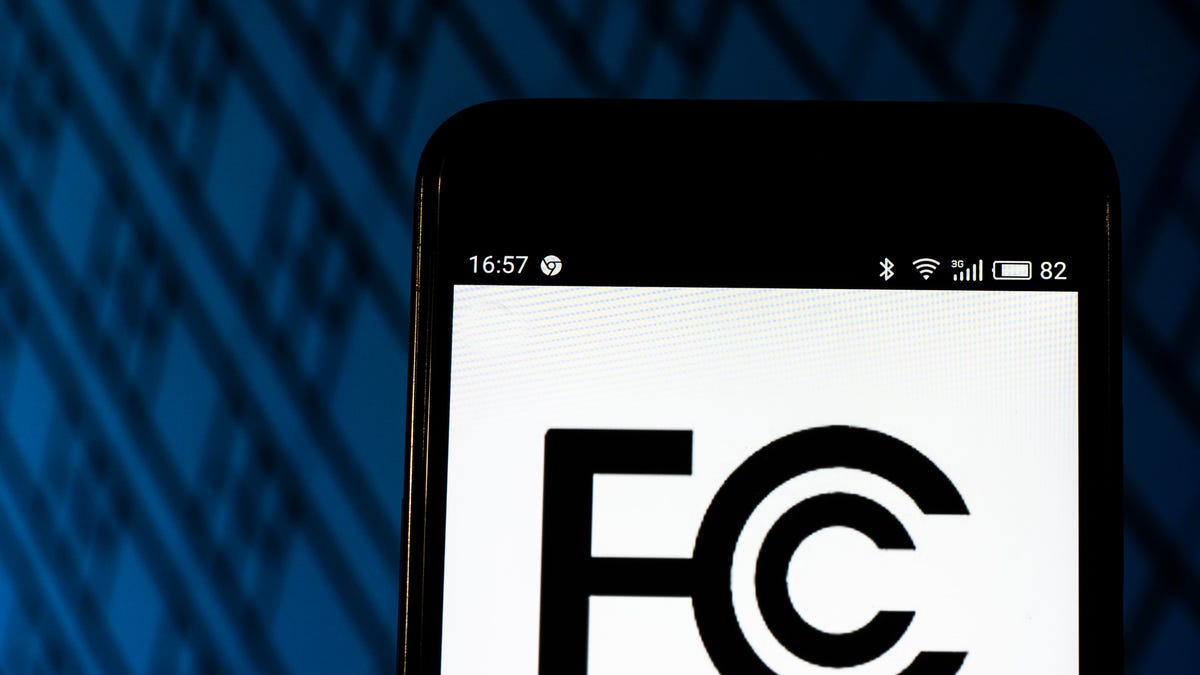FCC asks for help in tracking down senders of illegal robocalls from overseas
The agency has asked seven phone companies to take measures to stop the illegal robocalls.

The FCC wants help from US-based voice carriers that accept calls from overseas and transfer them to customers in the US.
The Federal Communications Commission is asking phone companies that allow illegal robocalls into the US for help in putting an end to what it has called a "scourge." On Tuesday, the agency sent letters to seven so-called gateway providers to ask for help in tracking down the originators of illegal foreign robocalls.
The FCC's enforcement bureau contacted All Access, Globex, Piratel, Talkie, Telcast, ThinQ and Third Base. These US-based voice carriers accept calls from overseas and transfer them to customers in the US. They're essentially the point of entry for illegal robocalls originating from abroad. The FCC says that these companies "are uniquely situated to assist government and industry efforts to combat scam robocalls."
In the letters, the FCC asks the companies to take measures to stop illegal robocalls originating from outside the US. The agency also wants these companies to provide information about facilitating international robocalls.
The FCC's letters are part of a coordinated effort with the Department of Justice and Federal Trade Commission to combat illegal robocalls, the agency said. The letters were sent a week after the Justice Department filed two lawsuits against carriers for facilitating illegal robocalls on their networks. The Federal Trade Commission also announced last week that it sent letters to 19 internet phoning providers warning that assisting and facilitating illegal telemarketing robocalling is against the law.
The letters come as complaints about robocalls keep growing. In 2019, 58.5 billion robocalls were made in the US, according to YouMail. The FCC has been working to combat the problem. It adopted new rules in September to go after illegal robocallers based overseas. The rules were aimed at closing loopholes in the regulations that prevented the agency from going after offenders based outside the US or scammers who text messages to defraud people. Specifically the rules extend the Truth in Caller ID Act to allow the FCC to police illegal international calls as intended under the passage of Ray Baum's Act last year.
The FCC says this law gives the agency authority to broaden bans on illegal spoofing to text messages, calls originating outside the US and calls using voice over Internet Protocol.
Congress has also been working to stop robocalls. In December, the House and Senate passed the Traced Act. This legislation, signed into law by President Donald Trump, increases penalties for bad actors knowingly initiating illegal robocalls and requires phone companies to authenticate calls to determine if the number calling you is real.
Last week, FCC Chairman Ajit Pai proposed new rules to implement a provision of the Traced Act to help establish a registration process to form a consortium of carriers to help trace unlawful robocalls.

